 Early in life, we have been taught how to decline verbs – quite an exercise for the young kids that we were!
Early in life, we have been taught how to decline verbs – quite an exercise for the young kids that we were!
I HAVE, YOU HAVE, THEY WOULD HAVE, WE WILL HAVE…
Past, present future, conditional, and each mode had, of course, its ‘mood’!
As we grew up, we discovered how these touched our lives in more ways than one!
The PAST recalled what happened with its joys remembered, or regrets…
The FUTURE often awakened expectation and hope, or perhaps anxiety…
The CONDITIONAL could express wishes, or possibilities but with conditions attached…
The PRESENT, well, that was the immediate, what was there, the real!…
This musing came to me as I read the gospel text of this celebration (John 6:41-51).
The Jews are complaining because Jesus is saying that he came down from heaven.
They pretend that they know him since they are aware of who his mother and relatives are.
Jesus counters their complaining by telling them clearly:
 “I tell you most solemnly, everybody who believes has eternal life”.
“I tell you most solemnly, everybody who believes has eternal life”.
Did you notice: Jesus did not say ‘will have eternal life’ but he affirms: “has eternal life”.
A life of proximity with God, of intimacy with the Father, with Jesus and the Spirit.
A deep relationship with the God who created us in his image and wants to share his life with us NOW and for ever.
It is not something to come in the future, it is not about what could happen: it is HERE and NOW.
It is not a conditional perspective, or rather… it does involve a condition –
otherwise it would not be worthy of us!
It is offered not imposed on us.
The condition is that… we believe in it: “Everybody who believes”, says Jesus.
The Jews complained, argued, objected…
We may be tempted to question… to doubt… to turn away…
Yet, a gift is offered – the gift of a life of unending happiness – it is offered NOW to “Everybody who believes”.
Note: Another reflection is available on a different theme in French at: https://image-i-nations.com/19e-dimanche-de-lannee-b-2024/
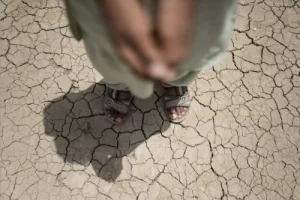 The theme of the 2024 World Day to Combat Desertification and Drought, 17 June, is “United for Land. Our Legacy. Our Future”, highlighting the future role of land stewardship in ensuring the stability and prosperity of billions of people around the world.
The theme of the 2024 World Day to Combat Desertification and Drought, 17 June, is “United for Land. Our Legacy. Our Future”, highlighting the future role of land stewardship in ensuring the stability and prosperity of billions of people around the world. It is here that the words of Jesus reach us and challenge us:
It is here that the words of Jesus reach us and challenge us: Radio: A century informing, entertaining and educating
Radio: A century informing, entertaining and educating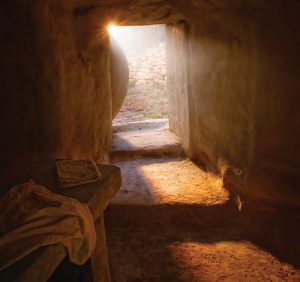 A situation of… emptiness…
A situation of… emptiness…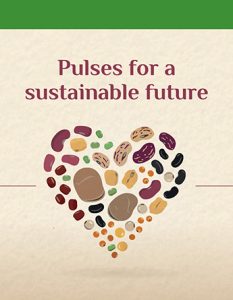 Pulses are the edible seeds of leguminous plants cultivated for both food and feed.
Pulses are the edible seeds of leguminous plants cultivated for both food and feed.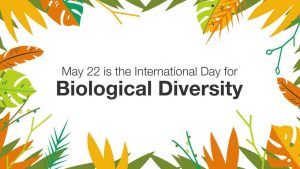 May 22 is celebrated as International Day for Biological Diversity to increase understanding and awareness of biodiversity issues. The day also marks the entry into force of the Convention on Biological Diversity.
May 22 is celebrated as International Day for Biological Diversity to increase understanding and awareness of biodiversity issues. The day also marks the entry into force of the Convention on Biological Diversity. “Sport has the power to align our passion, energy and enthusiasm around a collective cause. And that is precisely when hope can be nurtured and trust can be regained. It is in our collective interest to harness the tremendous power of sport to help build a better and more sustainable future for all. »
“Sport has the power to align our passion, energy and enthusiasm around a collective cause. And that is precisely when hope can be nurtured and trust can be regained. It is in our collective interest to harness the tremendous power of sport to help build a better and more sustainable future for all. » “The days are coming, declares the Lord, when I will fulfil the gracious promise I made…
“The days are coming, declares the Lord, when I will fulfil the gracious promise I made…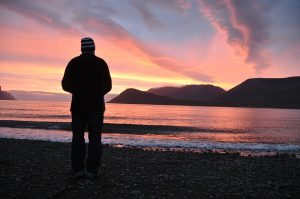
 Does it happen that God’s words offend us?
Does it happen that God’s words offend us?